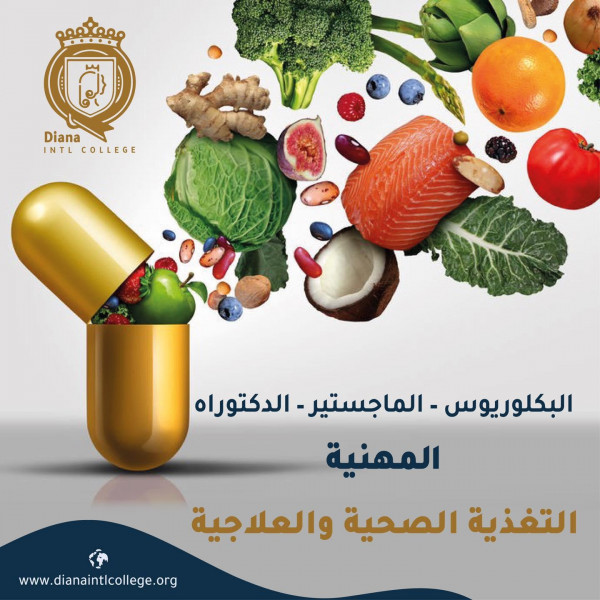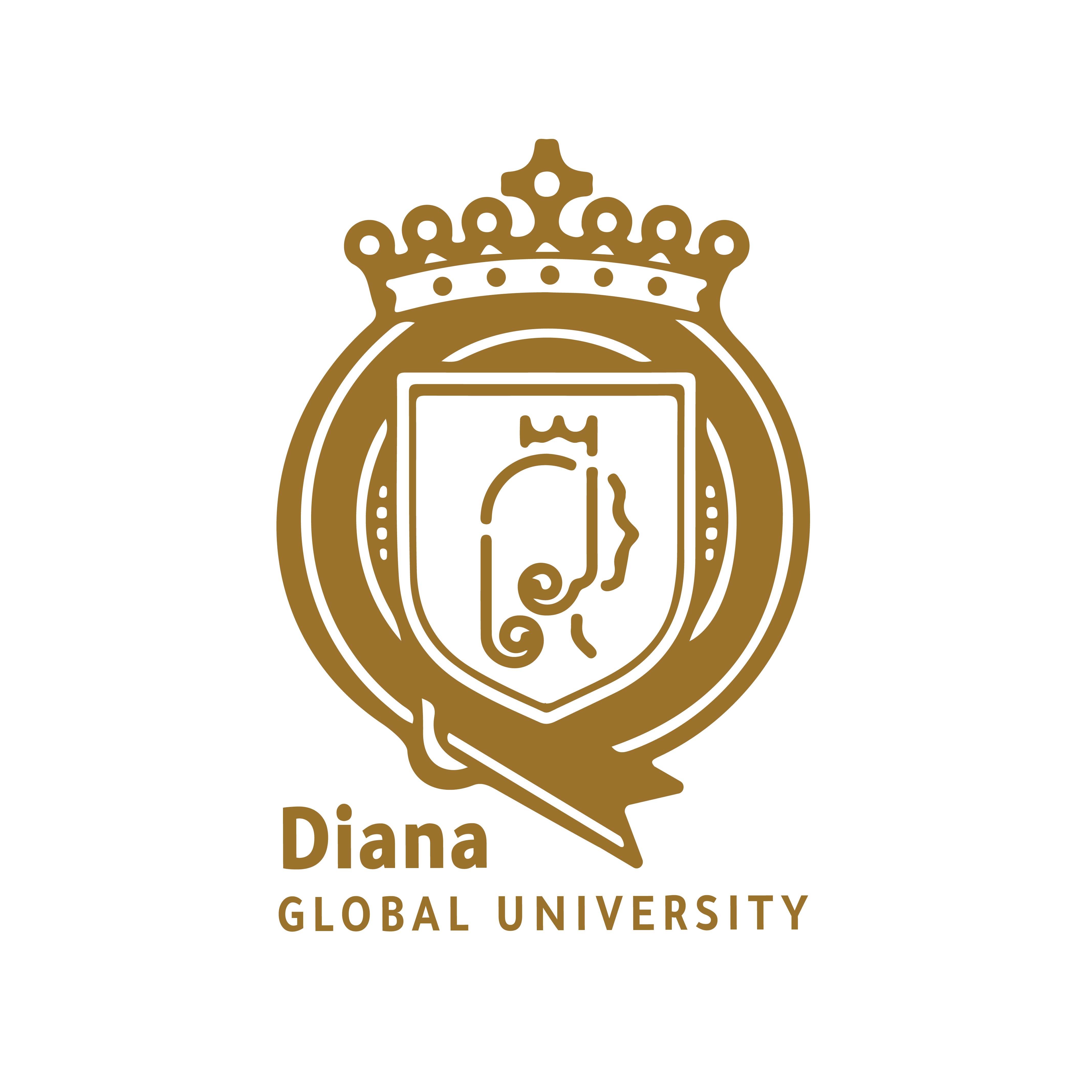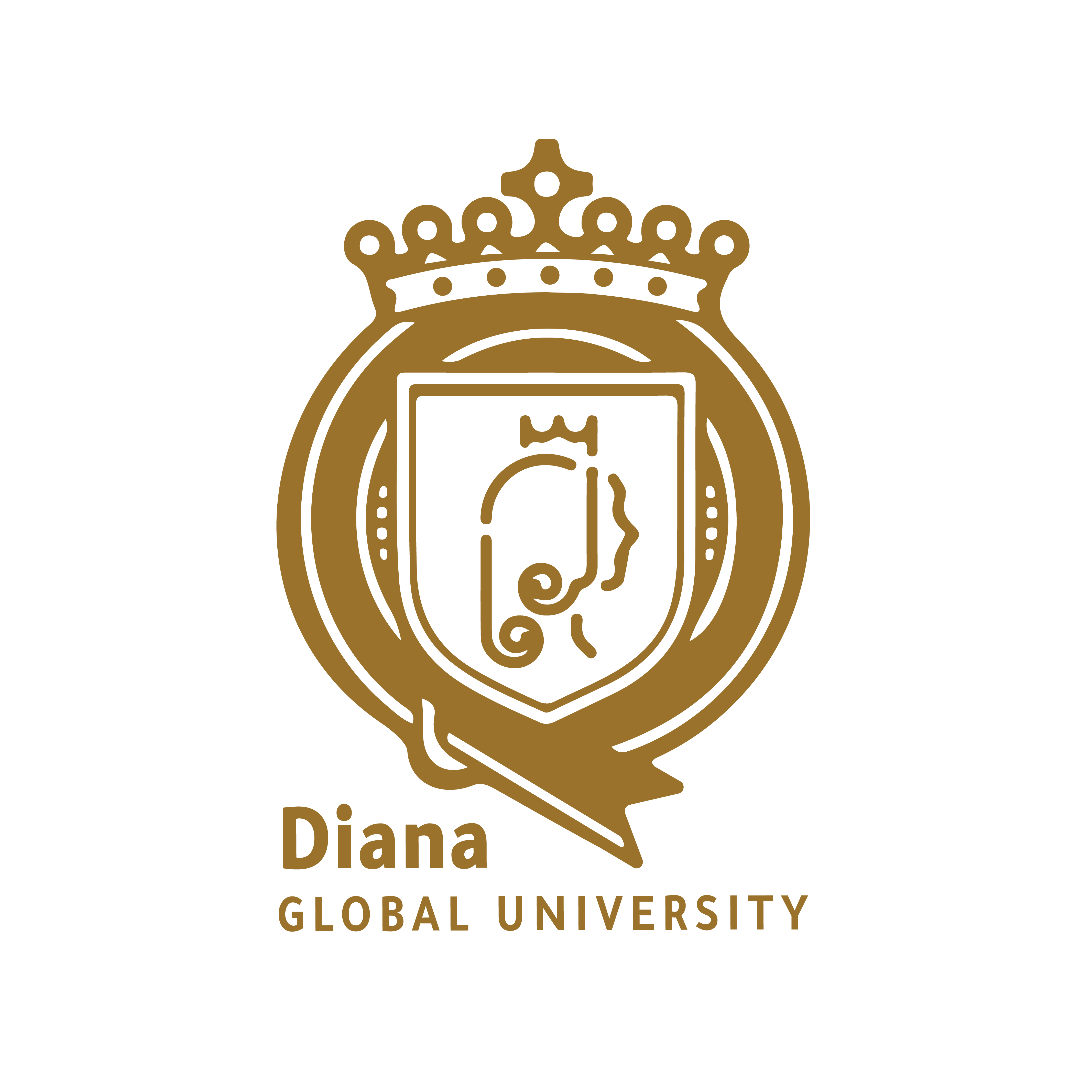Department of Health and Therapeutic Nutrition

Subjects included in the curriculum:
1. Food therapy:
This course introduces nutritional intervention strategies, counseling skills, and dietary modifications that protect against most common diseases and disorders.
It also explains the natural nutritional needs of individuals of different age groups, assessment of nutritional status, nutritional values of foods, and appropriate dietary adjustments for each age group.
2. Nutritional evaluation:
This course reviews the biochemical, clinical, and nutritional components involved in assessing the nutritional status of individuals and groups. It analyzes the relationships between nutrients and their effects on the diversity it takes at different levels.
It also works on analyzing, knowing the factors, their evaluation and how to prevent and treat each case
3. Holistic Nutrition:
This course explores the role of nutrition in the body, mind, and spirit
It also deals with the role of the diet in disease prevention, the interdependence of food choices and environmental sustainability, and the practical principles and applications of various approaches to nutrition.
4. Food by molecular correction:
This course analyzes the causes of disease from the perspective of nutrition, our cells, and our tissues, as well as detailing the organic defects and malnutrition caused by the modern diet that causes disruption in our biochemical system.
It also explains how to pick up the cues for these deficiencies and identify good food sources and types of nutritional supplements in order to maintain good health.
5. Bioremediation through products:
This course introduces principles of chemistry, microbiology, and applied engineering
In designing systems for the treatment and use of animal fertilizers and other agricultural waste. It explains the bioenergy of microbial processes, reuse of agricultural and animal wastes, odor measurement, and poisoning control.
6. Renewable energy:
This course examines a new model for renewable energy: domestic energy sources available in different countries of the world, the need to reduce carbon dioxide (CO2) and other emissions, the effects of global warming, climate change, as well as the political and economic implications of increasing the shortage of conventional oil and the importance of energy. Renewable. Finally, it explores the principles of sustainable energy development and how to achieve this
Ensure that product quality specifications match

